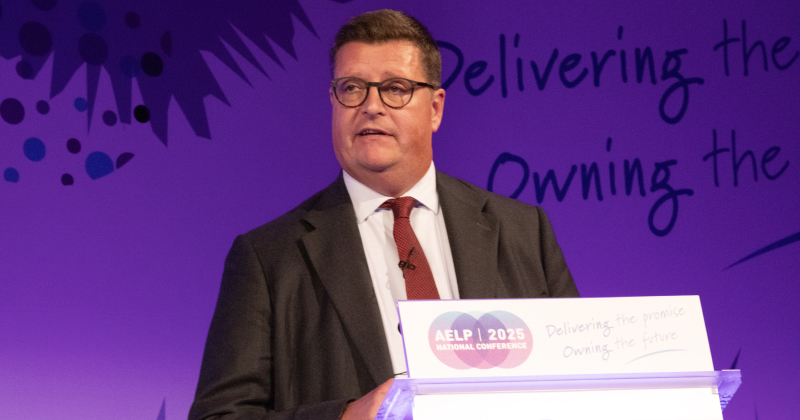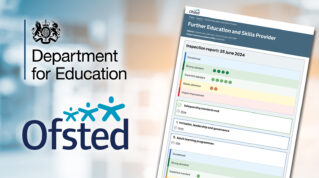Ofsted chief inspector has criticised calls to postpone the launch of new-style inspections, saying any delay would be “dangerous” and “seriously worrying”.
From November, inspections across early years, schools and further education will follow Ofsted’s new reformed inspection model; replacing inspection reports with report cards and a new five-point scale of grades.
But it was revealed this month that confirmed plans for reformed inspections won’t be released until September, leaving colleges and training providers just weeks to prepare for November inspections. This is because Ofsted needed more time to analyse consultation responses.
Full inspections will not take place in September or October so inspectors can be trained. Monitoring visits and new provider monitoring visits can still go ahead.
The pace of Ofsted’s inspection reforms, and the short timescale between announcing details in September and launching inspections in November, has angered unions.
Two leaders’ unions, the Association of Schools and College Leaders (ASCL) and the National Association of Head Teachers (NAHT), are considering asking their members to quit as Ofsted inspectors.
On Monday, the leaders of four education unions wrote to education secretary Bridget Phillipson requesting a pause on the new inspection regime from November to the start of the 2026/27 academic year.
The letter, signed by the general secretaries of ASCL, NAHT, NEU and NASUWT, warned: “If the responses to the consultation exercise indicate that significant revisions to Ofsted’s original proposals are required, then it is not clear how they could be made in the very short period of time that would be available”.
That same day, Ofsted chief inspector Sir Martyn Oliver was a keynote speaker at the Association of Employment and Learning Providers (AELP) annual conference. AELP itself suggested new-style inspections shouldn’t be introduced until January.
Responding to a question from FE Week, Sir Martyn said his advice to the secretary of state on how to respond to the unions’ demands would be “private”, before then listing off reasons why delaying inspections was “seriously worrying”.
“I would worry, seriously worry, about not inspecting for the whole of September, October, November and December,” he said.
“Whilst everyone in here [training providers], 88 per cent of you get ‘good’ or ‘outstanding’, there are some 12 per cent where it’s not good enough for learners and apprentices. I would worry what’s happening in those sectors.”
He concluded: “The question is, do we want the pause of inspection, or do we want to continue on with the education inspection framework? But I think no inspection is a dangerous and bad thing”.
Elsewhere in his speech, the chief inspector praised the training sector for increasing apprenticeship achievement rates last year, and congratulated the 88 per cent of the 161 apprenticeship inspections this year that scored ‘good’ or ‘outstanding’ results.
Sir Martyn said he was “really sorry” to have delayed publishing his final inspection proposals.
He added: “We fully intend to read every bit of feedback before we publish any improvements to what we proposed in February.
“Our consultation has provided us with a great deal of information to consider. We had over 6,500 responses from parents, providers and representative bodies. We’ve been testing inspection methodology and gathering feedback from providers who took part in well over 200 test visits.”
















Your thoughts